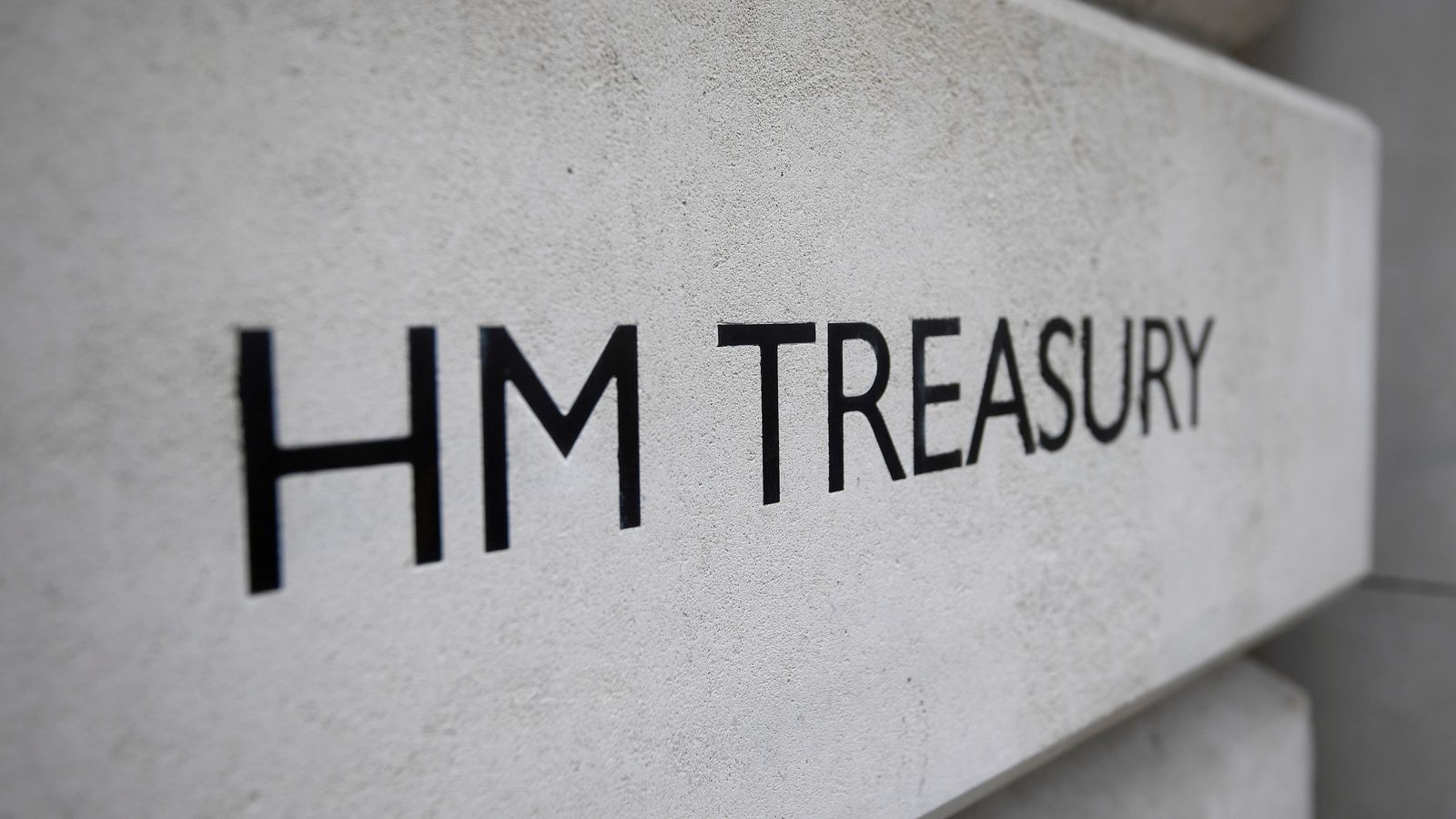The plunge in the value of a Treasury bond fund could cost £8,900 for every household in the UK, Labour has claimed.
The Opposition has accused the government of “complacency” and “recklessness” after the losses were “slipped out” in the Treasury’s annual accounts.
A fund called the Asset Purchase Facility, administered by the Bank of England and launched in 2009, was a £73.6bn asset on the government’s balance sheet as recently as 2020.
But due to rising inflation and interest rates, as well as the disastrous mini-budget under Liz Truss and Kwasi Kwarteng’s leadership, the fund’s value has plummeted to become a £177.6bn liability – a cumulative loss of £251bn.
According to Labour, if the entire fund was cashed out now and the losses realised, the liability sum would be equivalent to a cost of £8,900 per UK household, and is 76 times the money lost by Sir John Major’s government on Black Wednesday in 1992 when the UK was forced out of the Exchange Rate Mechanism.
The money has not actually been lost or paid out – it is the fund’s value that has plunged.
Labour has accused the government of having “slipped out” the news of the “bond black hole” on 20 July, the last day before parliament went off on its summer recess, and also the day of three crucial by-elections.
Mark Drakeford: Welsh government facing ‘toughest financial situation’ since devolution
UK ‘at risk of recession next year’, thinktank warns
Italy introduces surprise windfall tax on banks’ interest rate profits
But the Conservative Party said the only “black hole” facing Britons is “the £90bn unfunded spending splurge that Labour would slap on families across the country”.
The Bank of England created the fund to support its quantitative easing programme in response to the 2008 financial crisis, when it bought billions of pounds worth of government bonds and other assets held at the time by banks, pension funds and other finance companies, which provided a crucial source of cash liquidity in an otherwise frozen market.
As the economy recovered, the value of the assets rose, and then-chancellor George Osborne changed the rules to ensure any profits from the fund flowed back to the Treasury.
But any losses made by this Bank of England fund are insured by the Treasury, meaning the taxpayer would be responsible for any cash losses.
With soaring inflation and rising interest rates since the COVID pandemic, the value of the fund has fallen dramatically – and according to the Treasury’s annual report, the impact of Mr Kwarteng’s mini-budget also contributed to the drop in value.
Labour’s shadow chancellor, Rachel Reeves, has accused the government of leaving the public facing “yet another hit” during the cost of living crisis, thanks to “catastrophic mistakes in managing this fund”.
She said in a statement: “This Tory bond black hole will land working people with another astronomical bill for years to come.
“And it leaves them paying the price for the failings of successive Tory chancellors: the hubris of George Osborne thinking this fund was a one-way bet, the complacency of Rishi Sunak ignoring the warning signs in the bond market, and the recklessness of Kwasi Kwarteng turning a crisis into a disaster.
“All of them are guilty of putting their short-term political ambitions ahead of the long-term economic interests of the country.
“That will only change when we have a Labour government in place, determined to rebuild the foundations of economic responsibility, and give Britain the more secure, more resilient economy it needs.”
Read more:
First Minister Humza Yousaf orders review over £14.2m Scottish civil service bank card spend
Welsh government facing ‘toughest financial situation’ since devolution
In response, economic secretary to the Treasury Andrew Griffith said: “The only black hole facing the British people is the £90bn unfunded spending splurge that Labour would slap on families across the country.
“There’s a world of difference between movements in a long-term bond portfolio versus the certainty of a Labour government spending other people’s money until there is no money left.
“Meanwhile, we are making progress on the British people’s priorities – halving inflation, growing our economy, and reducing debt.”








